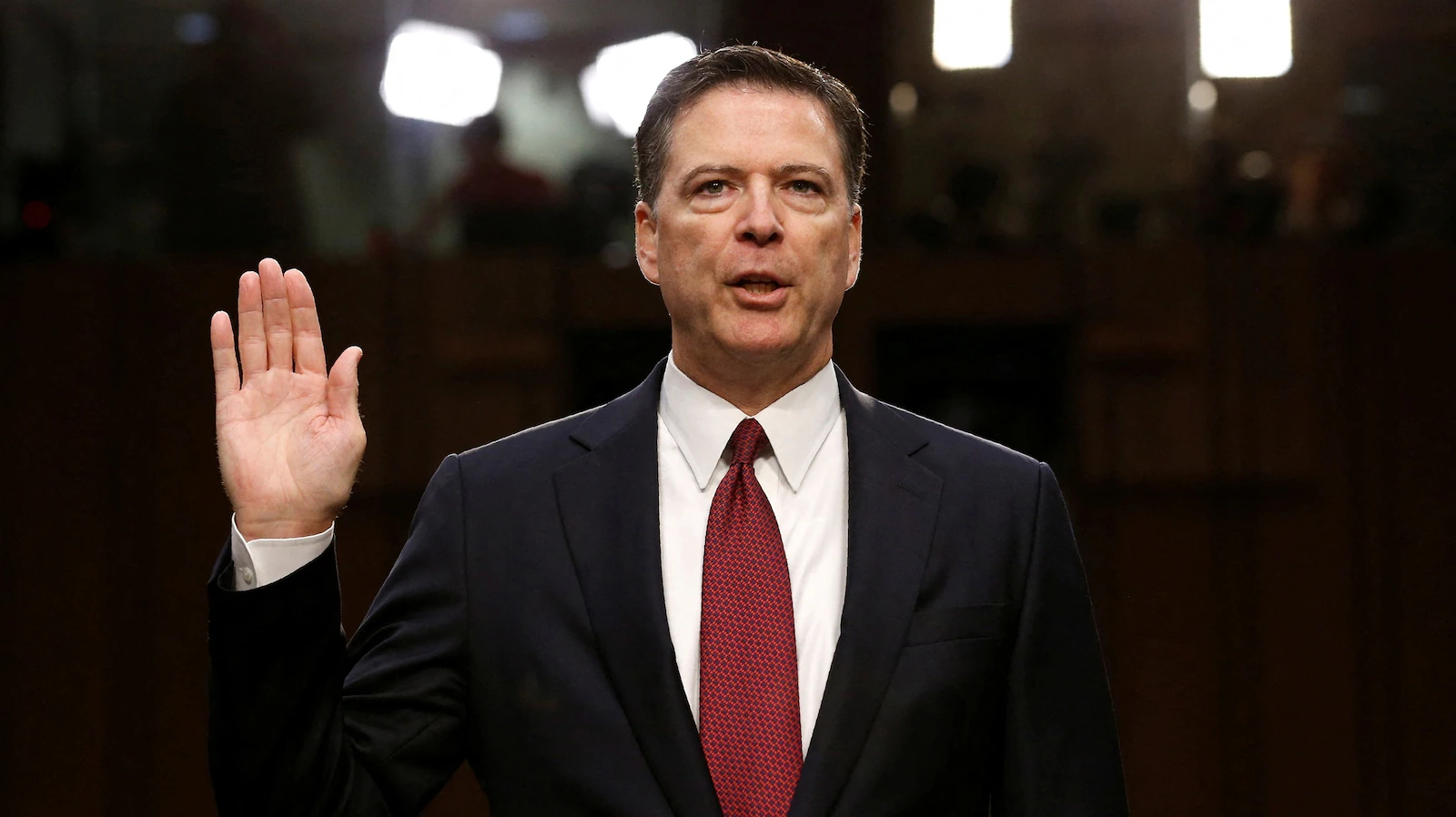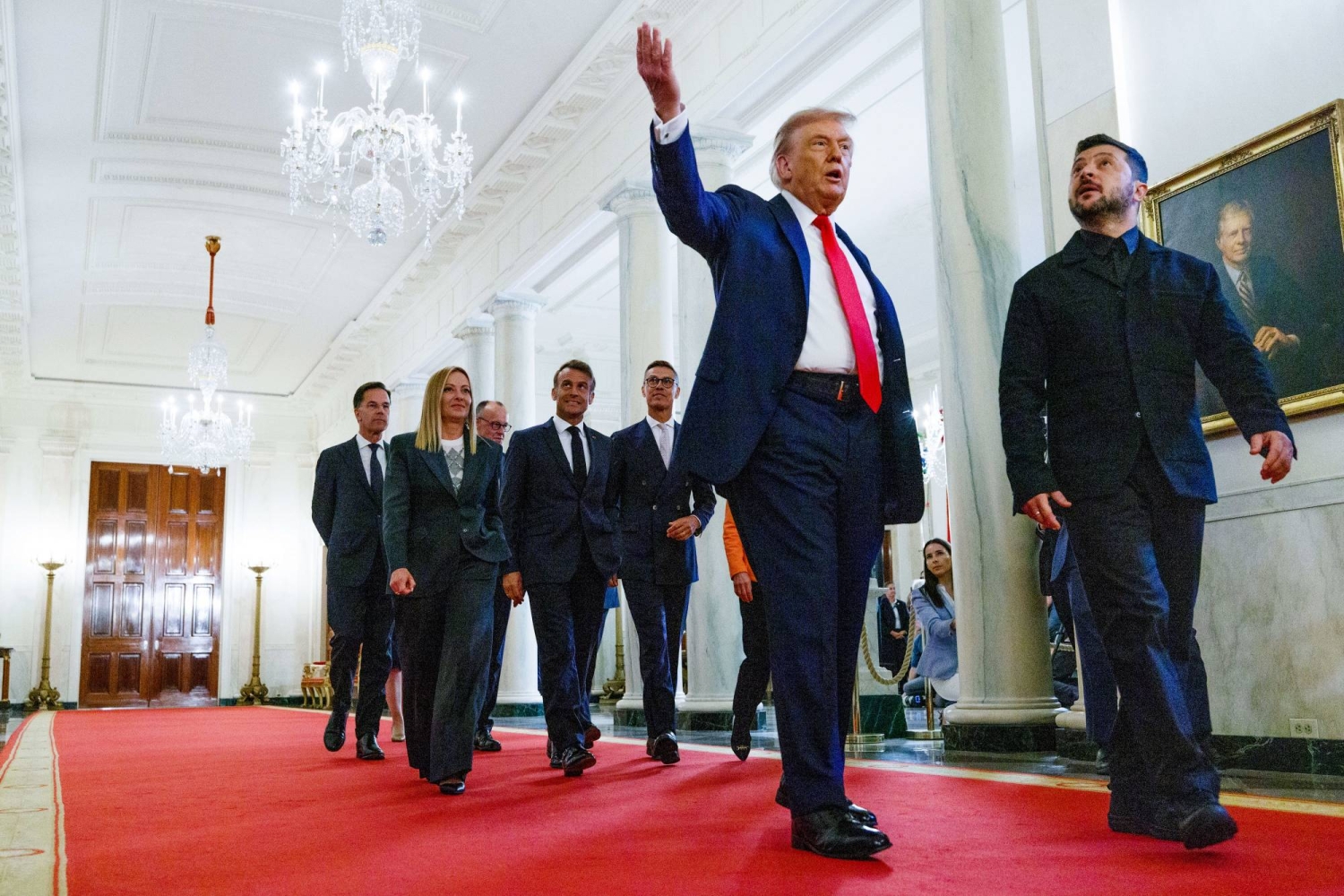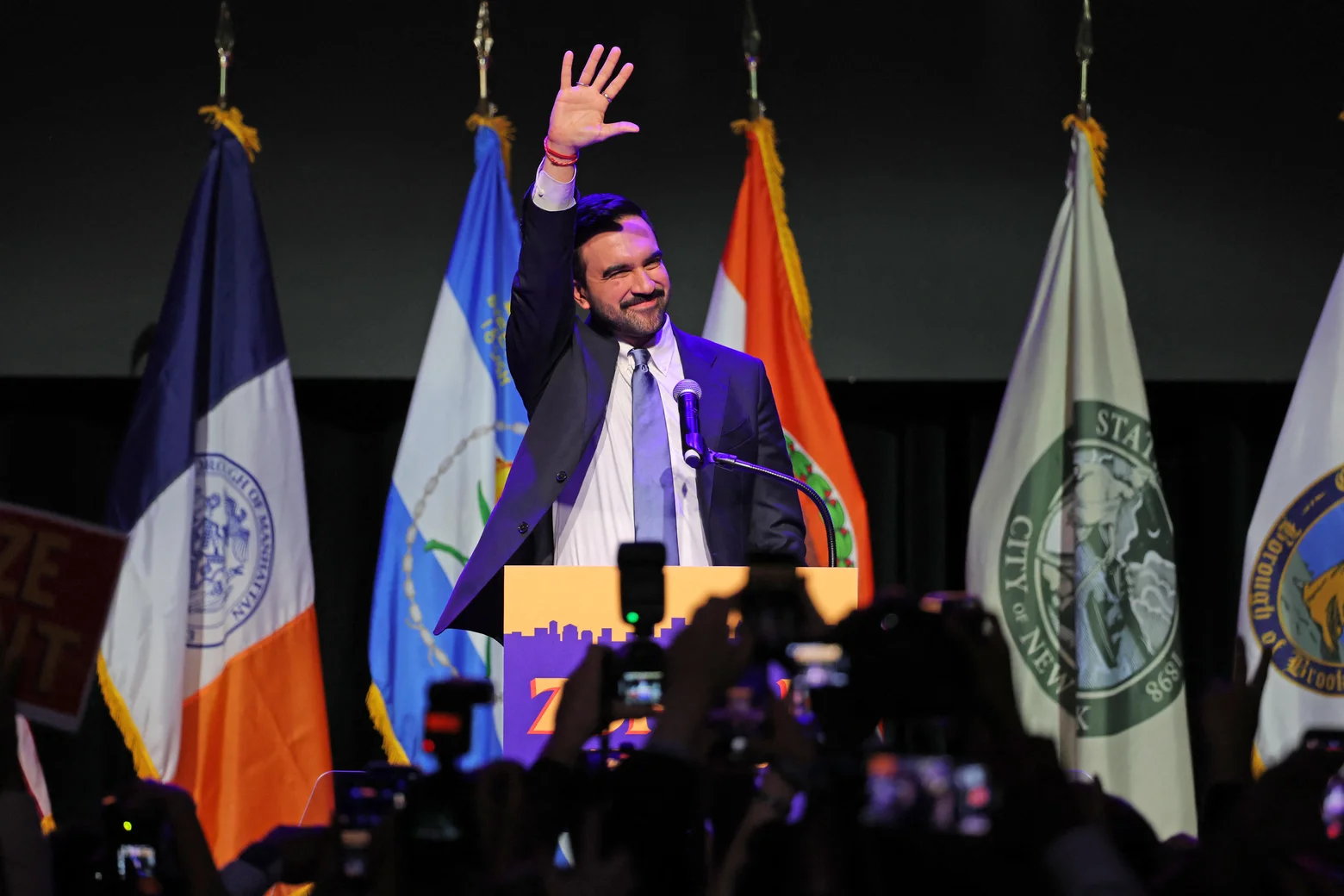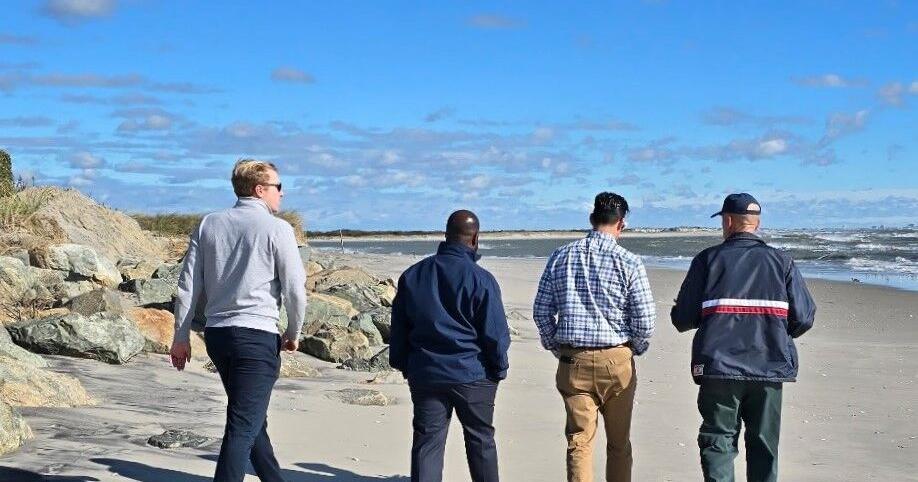Copyright ABC News

A federal magistrate judge on Wednesday sharply questioned the Justice Department's handling of evidence in its criminal case against former FBI Director James Comey, describing prosecutors' conduct as "highly unusual" and indicative of a rushed effort to indict Comey while potentially violating his constitutional rights. "We're in a bit of a feeling of indict first, investigate second," Magistrate Judge William Fitzpatrick said in a motions hearing in Alexandria, Virginia. The hearing stemmed from a dispute raised by Comey's attorneys over evidence the government obtained through four separate search warrants in 2019 and 2020 targeting the devices and communications of Daniel Richman, a Columbia law professor and associate of Comey's who he previously used as an intermediary to speak to the media. Comey pleaded not guilty on Oct. 8 to one count of false statements and one count of obstruction of a congressional proceeding related to his testimony before the Senate Judiciary Committee in 2020, amid what critics call President Donald Trump's campaign of retribution against his perceived political foes. Vice President JD Vance has said any such prosecutions are "driven by law and not by politics." Trump's handpicked U.S. attorney for the Eastern District of Virginia, Lindsey Halligan, sought the indictment of Comey over the objections of career prosecutors after Trump forced out previous U.S. attorney Erik Siebert, who sources said had resisted bringing cases against Comey and New York Attorney General Letitia James. As ABC News has previously reported, prosecutors in the D.C. U.S. attorney's office previously investigated Comey and his remarks to Congress during President Trump's first term but did not seek to charge him. Under Trump's second administration, however, investigators reopened their probe of Comey stemming from remarks he made to Congress in 2020 where he reaffirmed previous testimony that denied authorizing anyone at the FBI to leak information to the press. In the indictment, Halligan alleges that Comey lied by affirming his prior testimony, because he in fact had authorized Richman to speak to reporters about a past investigation involving Hillary Clinton, which Comey denies. After Comey's indictment, the government immediately alerted the judge overseeing Comey's case to materials from the four warrants that had targeted Richman as potentially including communications that could be considered privileged, and asked him to establish a process to differentiate between privileged and unprivileged materials. But Comey's attorneys raised separate concerns that by using those materials at all, the government may have violated Comey's rights -- not just by reviewing potentially privileged information, but also by revisiting evidence obtained by warrants that would now be considered stale. Judge Fitzpatrick appeared to agree with those concerns during Wednesday's hearing, as he repeatedly pressed Assistant U.S. Attorney Tyler Lemons over what materials the government had reviewed and why the disputes over privilege were not settled during the more than five years that the government had those communications in its possession Fitzpatrick, citing what he described as "unusual" behavior by the Justice Department and the quickly approaching January trial date, ordered the government to hand over "all grand jury materials" related to its investigations of Comey by Thursday at 5 p.m. ET -- an urgent deadline that reflected Fitzpatrick's concern over the government's conduct. Lemons said the U.S. attorney's office would seek to comply with the deadline, but he was given permission by Fitzpatrick to alert the judge by Thursday afternoon if the transfer of the entirety of the evidence might not be technically feasible.



